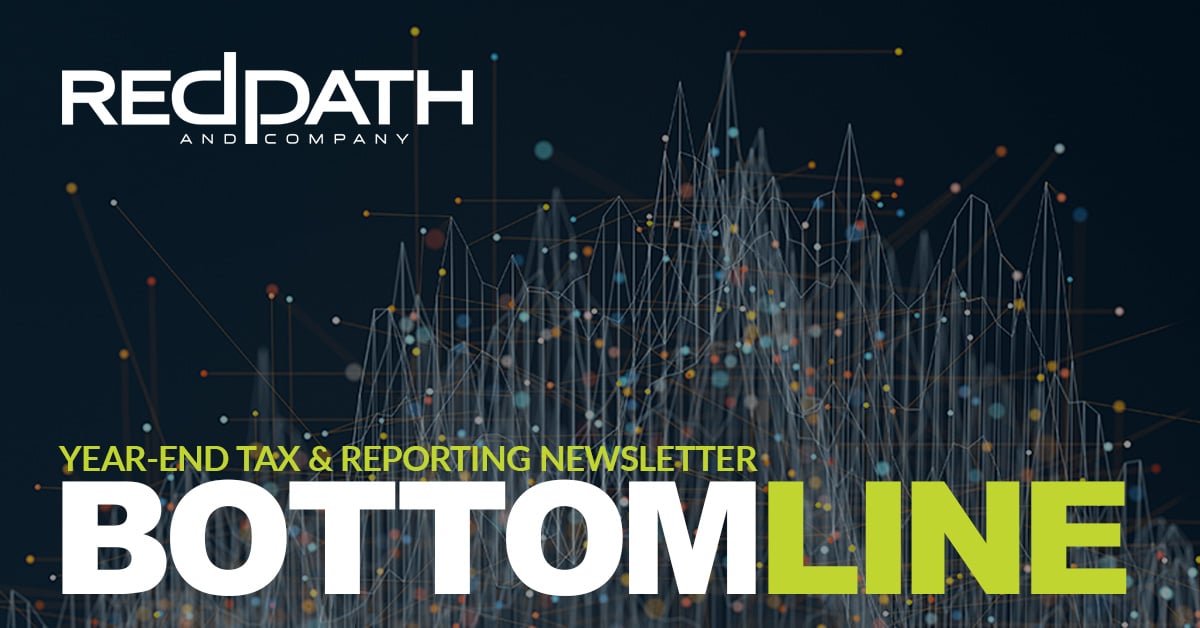Redpath Welcomes Mike Dunkle as a Transaction Advisory Services Partner
ST. PAUL, MN – February 3, 2026 – Redpath and Company is pleased to welcome Mike Dunkle as a Partner in the firm’s Transaction Advisory practice....

February 3, 2022 - Editor’s note: This blog was written in conjunction with ArcherPoint and its team of ERP experts.
Growing manufacturing or distribution companies need technology to automate processes and reporting once operations simply become too complex to handle manually. But ultimately, what’s really needed is an overarching tool that better integrates and streamlines operations management. Enterprise resource planning (ERP) and customer relationship management (CRM) platforms are both valuable. So how do you choose ERP vs CRM?
CRM vs ERP is not necessarily an either-or choice. Customers and strong financials are both fundamental to business stability and growth. For that reason, some companies choose to adopt both ERP and CRM platforms or an ERP product that also includes CRM components.
When your business was a small start-up, it was easy for you and the few staffers you had on board to handle all the details required to manage your operations. You had a limited line of products or services for sales and marketing to promote. Your customer base was small enough that you knew each of them – and their business needs and challenges – personally. You could track your finances in your head (though, of course, you used more official means as well).
But now your company has grown – and grown-up. To keep up with a rapidly changing, global environment and continue to thrive, you need to increase efficiencies everywhere you can. You need to have information at your fingertips to make intelligent long-term business decisions and respond quickly as the marketplace changes or opportunities arise.
So let’s look at the key differences between ERP vs. CRM.
Most manufacturers use MRP (material requirements planning) software to efficiently manage production-related planning, purchasing, and distribution. But your company depends on a far broader range of resources and processes to function well, and that’s where enterprise resource planning comes into play. This technology provides a single, comprehensive database shared by all departments. Any authorized user within your organization can immediately access the data or reports they need.
ERP enables single-source management of:
ERP tools may also include HR, CRM, and/or eCommerce management modules. However, an ERP’s greatest value comes from its role as a financial management tool because it pulls together all operations and financial data in a single database. On the financial side, that includes everything from general ledger and accounting to payroll and financial reporting.
Investing in an ERP system can benefit your business in many ways. It saves time and improves accuracy. For example, it can help cut monthly close time to just a few days, providing leadership with timelier, reliable data for planning, assessment, and decision making. Employees throughout the company also have more and more detailed data readily available to support everyday business operations.
These tools are broad-based but more specific in that they focus on customer data that informs sales and customer service. You can track pre and post-sale customer interactions and capture extensive individual customer data to better understand how, when, and what they purchase. This facilitates more personalized, proactive marketing to existing customers, which can increase sales as well as loyalty. It also enables better-targeted and tailored sales prospecting, whether automated or one-on-one.
CRM data makes it easy to view your sales pipeline and closed sales in real-time, pull detailed reports to analyze sales processes and results, and assess individual performance. It also provides essential insight into how and where customer service can be improved. These improvements can help boost customer experience, but the data can also pinpoint training and other opportunities that boost employee experience.
If you choose to adopt separate CRM software, it can be integrated with an ERP system. This can get tricky as not all CRMs integrate with all ERPs. Make sure you ask about integrations before determining which platforms are right for your business.
Before the pandemic, your primary concern was staying ahead of the competition. Now, supply chain disarray and acute labor shortages have dramatically changed the manufacturing and distribution landscape locally and worldwide. You need every advantage you can find to keep up, let alone make the sharp financial decisions that will boost sales and revenue, and customer loyalty. An enterprise resource planning tool could be the most valuable investment you make this year.

ST. PAUL, MN – February 3, 2026 – Redpath and Company is pleased to welcome Mike Dunkle as a Partner in the firm’s Transaction Advisory practice....

The Redpath and Company BottomLine Newsletter ishere!

As 2025 drew to a close, the Governmental Accounting Standards Board (GASB) issued Statement No. 105, Subsequent Events. While the requirement to...